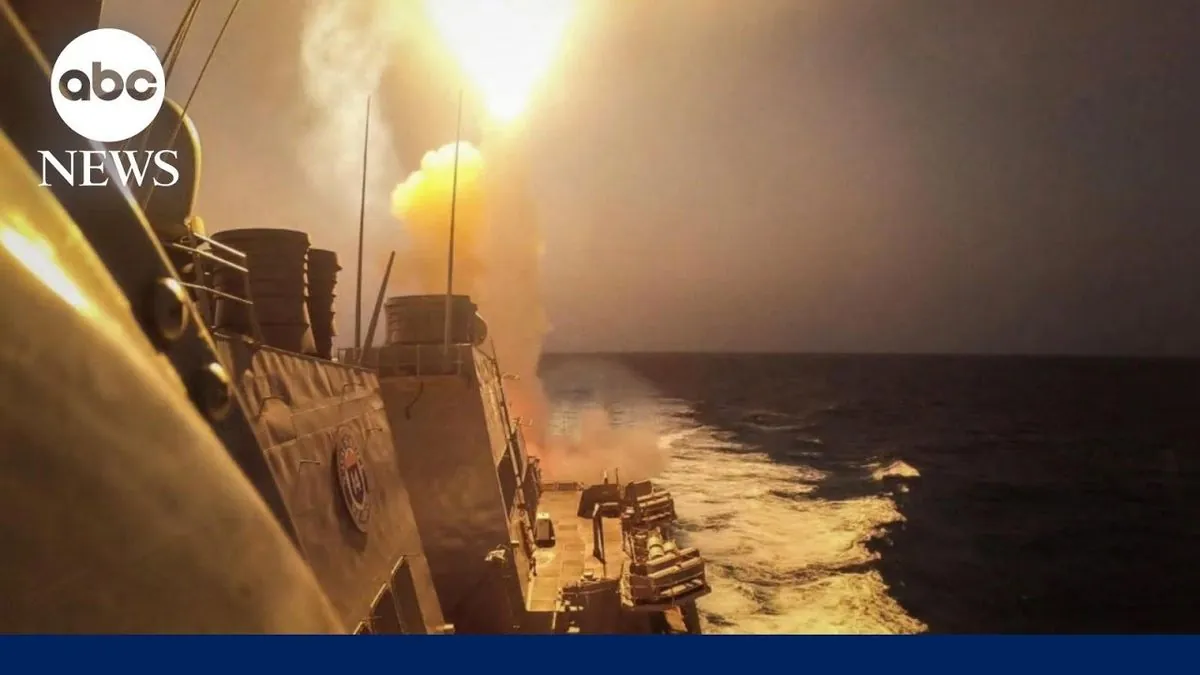On 2024-09-02, a vessel traversing the Red Sea became the target of a suspected assault, believed to be orchestrated by Yemen's Houthi rebels. The incident, reported by the British military's United Kingdom Maritime Trade Operations (UKMTO) center, involved two projectiles striking the ship and a third explosion occurring in close proximity.
The UKMTO stated, > "Damage control is underway. There are no casualties onboard and the vessel is proceeding to its next port of call."
While the Houthis have not immediately claimed responsibility for this attack, it's worth noting that the group often takes hours or even days to acknowledge their operations.
This incident is part of a broader pattern of maritime aggression in the Red Sea, one of the world's busiest shipping lanes. Since the outbreak of the Gaza conflict approximately 11 months ago, the Houthis have targeted over 80 vessels with missiles and drones. Their campaign has resulted in the seizure of one ship, the sinking of two others, and tragically, the loss of four sailors' lives.
The Houthis, a Zaidi Shia Islamic movement that emerged in Yemen's Saada province in the 1990s, claim to target vessels with connections to Israel, the United States, or the United Kingdom. Their stated aim is to pressure an end to Israel's military operations against Hamas in Gaza. However, many of the attacked ships have little or no association with the conflict, including some bound for Iran.
It's crucial to understand the strategic importance of the Red Sea, which is connected to the Mediterranean Sea via the Suez Canal. The Bab el-Mandeb Strait, a chokepoint between the Red Sea and the Gulf of Aden, is particularly significant for global maritime trade.
The ongoing situation in the Red Sea is further complicated by the broader context of Yemen's civil war, which has been raging since 2014. The Houthis currently control much of northern Yemen, including the capital Sanaa.
As these maritime attacks continue, they not only threaten international shipping but also pose risks to the rich marine ecosystem of the Red Sea, home to over 1,000 species of fish and 200 species of corals. The United States Navy's 5th Fleet, based in Bahrain, operates in the Red Sea as part of efforts to maintain maritime security in the region.
The international community remains vigilant as these events unfold, with implications extending far beyond the immediate area of conflict.
